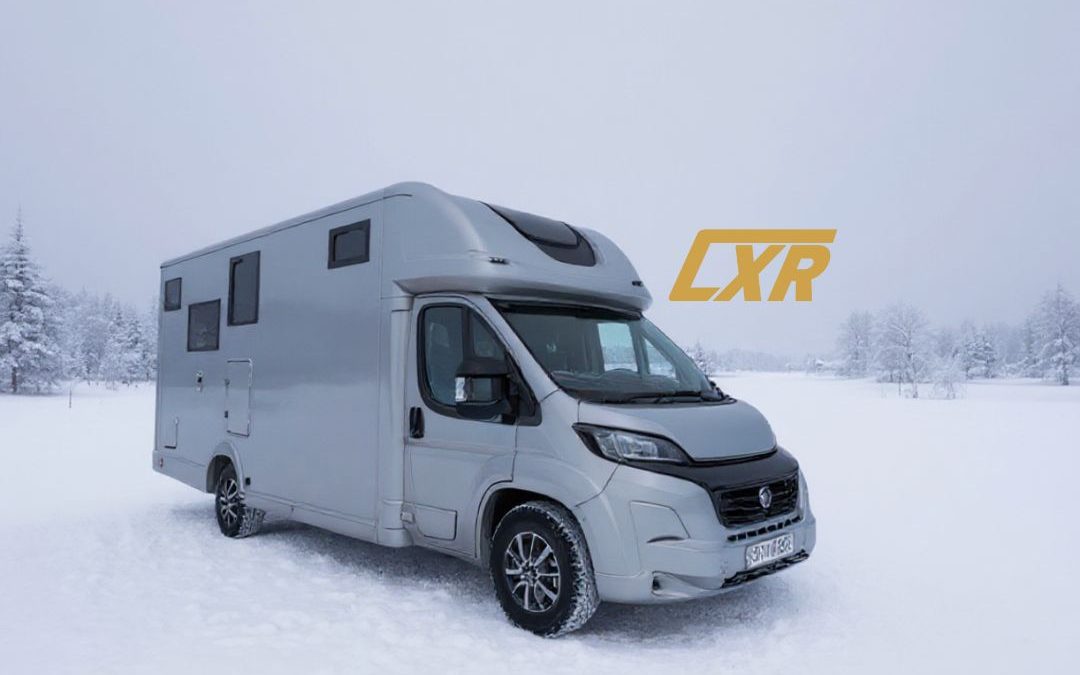Essential Winter Checks
Routine winter checks help ensure that both vehicle and horse remain safe during cold weather.
Top priorities include:
- Test and top up your engine coolant anti-freeze; this prevents freezing damage and is vital for engine health.
- Ensure oil, brake fluid, and screen wash levels are correct; use a winter-grade screen wash.
- Inspect battery health as older batteries are more likely to fail in cold temperatures; charge or replace them if needed.
- Check that all lights (internal and external) are working. Night and early morning travel means full lighting is vital for legal compliance and safety.
- Tyres should have at least 3mm tread depth, with pressures set for cold conditions; consider winter tyres for better grip.
Preparing the Horse Area and Living Quarters
Before winter storage or travel:
- Clear out perishable foods and drain water systems (including water heaters, tanks, and pipes) to prevent burst pipes and odours.
- Empty and clean the horse area thoroughly, including removal of droppings and wet bedding, which cause damp, rot and damage to floors.
- If your horsebox has living quarters, clean fridges and turn gas bottles off.
- Use gel dehumidifiers or similar to minimise humidity and avoid dampness or mould inside the vehicle.
Comfort and Safety for Horses
- Ensure the heating system (if fitted) is working and consider additional insulation; a well-insulated horse area can be significantly warmer and more comfortable.
- Always carry extra clean, dry rugs for your horses; body temperatures can drop rapidly during waiting or transit.
- Store emergency kits on board, including hi-vis vests, torches, spare batteries, a shovel, and first aid for both horse and humans.
Storing Your Horsebox
- If storing for winter, park in a dry and sheltered place where possible (e.g., a barn or under a cover) to protect against weather-related deterioration.
- Check tyre pressures monthly—tyres lose pressure and can develop flat spots if left unattended.
- Keep the fuel tank at least a quarter full to avoid condensation in the tank, which can cause issues on startup.
Road-Ready for Icy Conditions
- Equip your horsebox with winter essentials: ice scraper, jump leads, warning triangle, and warm waterproof clothes for you and blankets for your horse.
- Have breakdown cover in place before you travel and confirm your contact and insurance details are up to date.
Regular Maintenance Benefits
Frequent inspections during winter—especially before and after trips—can prevent minor issues from turning into bigger, more costly problems. Reliable horsebox dealers and repair specialists often offer tailored winter service packages to ensure everything is in top condition.
By following these winter preparation tips, you’ll ensure your horsebox is safe, comfortable, and ready for anything the UK winter can throw at it.
This article was curated by the team at The Horse Life
Free Horsebox Advice
If you need any help or advice from the Chaigley Team

Chaigley horseboxes
Unit 1 Deveron Mill, Meadow Street, Great Harwood, Lancashire BB6 7EJ
Opening Hours
M-F: 8am – 6pm
chaigleyhorseboxes@gmail.com
Phone
07977 334928 or 07974 184934
Chaigley Leisure
Chaigley Campervans
Campervans | Motorhomes

